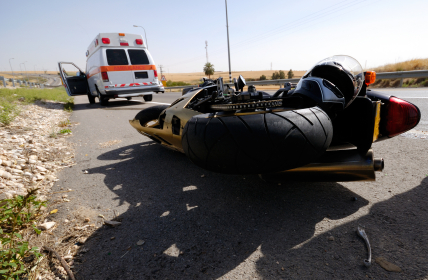Personal Injury Protection (PIP)
What is PIP coverage, how it works in no-fault states, and how it’s different from medical payments coverage.
Personal injury protection, or PIP, is an integral part of any auto liability policy section. It covers the medical costs of treating injuries sustained in an auto accident up to a certain stated limit.
In certain cases it can also provide coverage for court awards such as pain and suffering as well as an accidental death benefit.
In a traditional tort auto insurance state in which the insurance policy for the party found at-fault pays for the other party or parties in an accident, the term is often used synonymously with bodily injury. Personal injury protection is typically expressed as a limit for both injuries to a single person and for injuries to any group of people in a single accident.
On a policy declarations page which lists liability as a “split limit,” these limits are the first two numbers.
PIP In a No-Fault State
Personal Injury Protection is more closely associated with auto insurance liability in no-fault insurance states. Since auto liability insurance in no-fault states pays for damages to you, your passengers and your car regardless of fault, the coverage stands in for medical payments coverage found in traditional tort states.
In certain cases it can also provide coverage to others if you’re found at-fault in an accident. PIP coverage in no-fault states is often capped at $50,000.
PIP vs. Medical Payments
Both Personal Injury Protection and medical payments coverage provide insurance protection above and beyond any medical insurance coverage you have. Generally speaking higher PIP or medical payments coverage limits are recommended for motorcycle insurance policies than for auto policies.
The reason: motorcyclists are much more likely to be injured in accidents than other motorists.
As with medical payments, PIP coverage can be lowered or even eliminated if you have excellent health insurance, although few insurance professionals would recommend eliminating the coverage entirely. Both coverages comprise a relatively small portion of your overall auto insurance premium, therefore dropping either medical payments in a traditional tort state or PIP in a no-fault state will not realize significant cost savings for you.
Trackback from your site.

